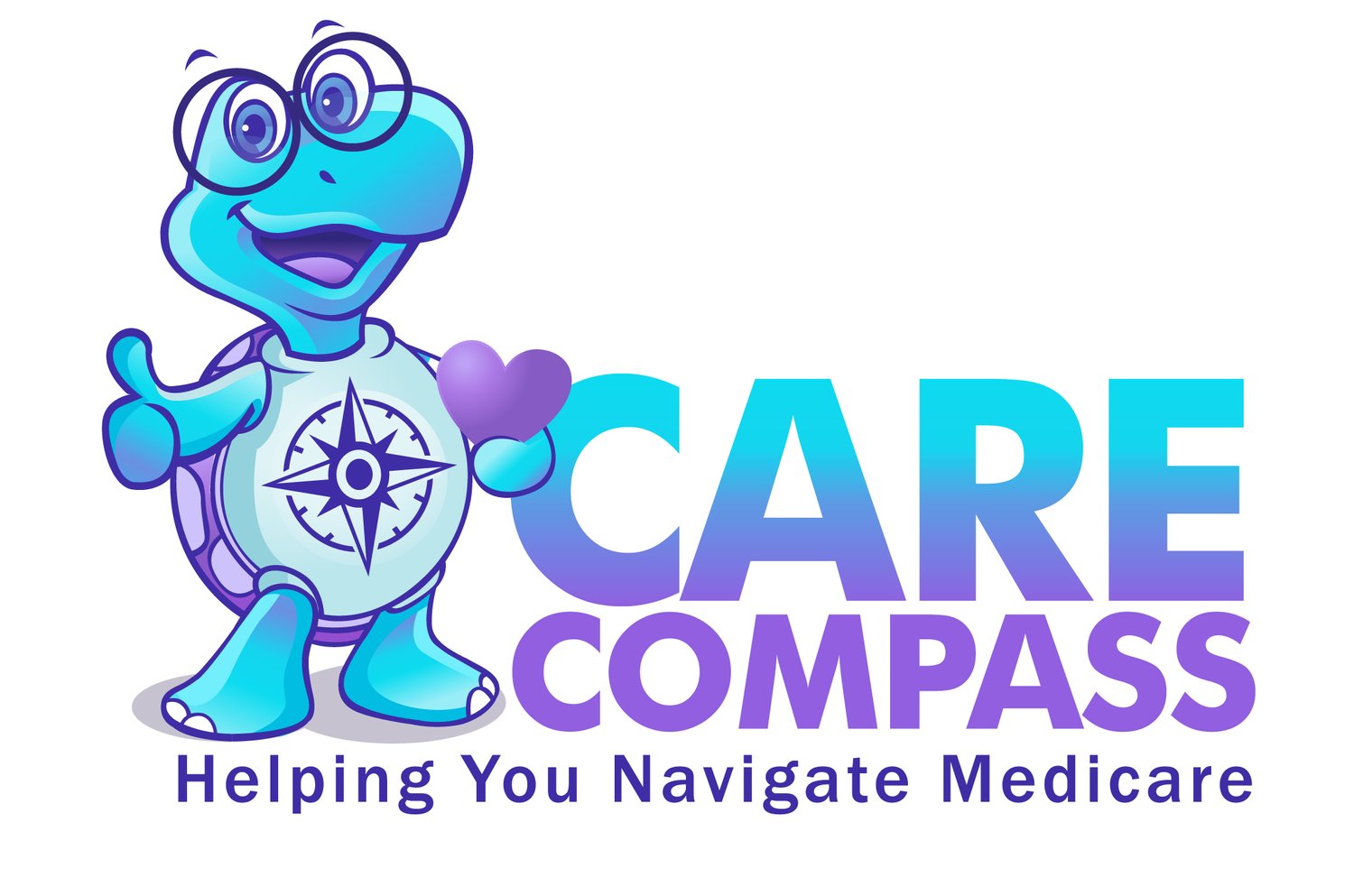Essential Annual Care Checklist for the New Year
As the new year begins, it's the perfect time to take charge of your health and schedule your annual wellness visit! A proactive approach to your well-being ensures that you stay on top of preventive care, detect potential health issues early, and maintain a high quality of life. To help you get started, we’ve created an annual care checklist that you can take to your primary care provider (PCP) during your annual wellness visit. The below guide walks you through the essential items on the checklist and offers additional tips to prepare for your appointment.
What is the Annual Wellness Visit?
A Medicare Wellness Visit, also known as the "Annual Wellness Visit," is a yearly preventive service offered to Medicare beneficiaries who have had Medicare Part B for longer than 12 months.
Unlike a traditional physical examination, the Medicare Wellness Visit focuses on developing or updating a personalized prevention plan and performing a health risk assessment. Your doctor or health care provider will ask you to fill out a questionnaire, called a “Health Risk Assessment”. Answering these questions can help you and your doctor develop or update a personalized prevention plan to help you stay healthy and get the most out of your visit. Your visit may include:
Routine measurements (like height, weight, and blood pressure).
A review of your medical and family history.
A review of your current medications.
Personalized health advice.
Advance care planning (You can learn more and download a helpful Advance Care Planning Conversation guide here).
A screening schedule (like a checklist) for appropriate preventive services.
An optional “Social Determinants of Health Risk Assessment” to help your provider understand your social needs and their impact on your treatment.
Annual Care Checklist
Make the most of your PCP appointment by discussing the following preventive care services, and ask which of the following services are recommended for you (Don’t forget to print our helpful checklist to take along with you!):
Vaccines
Flu Vaccine: Protect yourself from seasonal influenza by getting vaccinated every year.
COVID-19 Vaccine: Stay up to date with COVID-19 vaccinations as per current guidelines.
Pneumonia Vaccine: Recommended for older adults or those with certain health conditions.
Shingles Vaccine: Prevent shingles and related complications, especially for adults 50+.
Hepatitis B Vaccine: Protect against Hepatitis B if recommended by your PCP.
Routine Screenings
Dental, Hearing, and Vision Exams: Essential for detecting issues early and maintaining overall well-being.
Cholesterol and Blood Sugar Screening: Monitor heart and metabolic health.
Bone Mineral Density Test: Screen for osteoporosis to prevent fractures.
Cervical Cancer Screening: Pap tests for women aged 21-65.
Colon Cancer Screening: For adults aged 45+, this may involve a colonoscopy or other tests.
Breast Cancer Screening: Annual mammograms starting at 45, with potential for less frequent screenings after 55.
Hepatitis C Screening: Important for high-risk individuals or those born between 1945–1965.
Diabetes Management
For those with diabetes:
Annual exams for eye and foot health.
Regular HbA1c and LDL cholesterol checks.
Consideration of statin medications when clinically appropriate.
Tests like Urine Albumin Creatinine Ratio (uACR) and Estimated Glomerular Filtration Rate (eGFR) help monitor kidney function and prevent chronic kidney disease.
Additional Topics to Consider Prior to Your Visit
When meeting with your PCP, consider bringing up the following topics to ensure a comprehensive evaluation of your health:
Mental Health
Let your provider know if you're feeling persistently sad, experiencing sleep difficulties, or facing challenges with memory or daily tasks. Mental health is just as important as physical health.
Medication Review
List all prescription medications, over-the-counter drugs, and supplements you’re taking. Ask about cost-saving options and report any challenges with adherence.
Care Team
List any specialists and other providers you see. This will help your PCP coordinate your care.
Risk of Falls
Discuss any recent falls, balance issues, or walking difficulties. These factors can indicate a need for additional support or interventions.
Lifestyle Considerations
Be open about lifestyle habits such as alcohol use, smoking, and exercise routines. Your PCP can provide resources or recommendations for improvement.
Physical Pain or Limitations
Highlight any chronic pain or physical limitations that interfere with daily life. Early intervention can make a significant difference.
How to Prepare for Your Appointment
Download our FREE Annual Care Checklist
Bring a complete list of medications and any questions you have about them.
Compile a list of specialists and other providers you see to help your PCP coordinate care.
Write down any specific symptoms, concerns, or questions you’d like to address.
Review your family health history, as it might influence your screening schedule.
Consider your Advance Directives for Healthcare.
Conclusion
Starting the year with a focus on your health sets the tone for a fulfilling and active year ahead. By following this checklist and preparing for your PCP visit, you’re taking a significant step toward prioritizing your well-being. Remember, preventive care is a gift you give yourself, ensuring a healthier, happier future. Download our printable checklist and schedule your appointment with your Primary Care Doctor today!
Care Compass is an independent insurance agency that helps seniors navigate the complexities of Medicare and other Senior Products. Our services are offered at NO COST! Care Compass is proudly owned and operated in Blair County, Pennsylvania. We provide Medicare insurance assistance to the residents of Altoona, Hollidaysburg, Duncansville and the surrounding region. If you need assistance with Medicare, contact Care Compass today!






